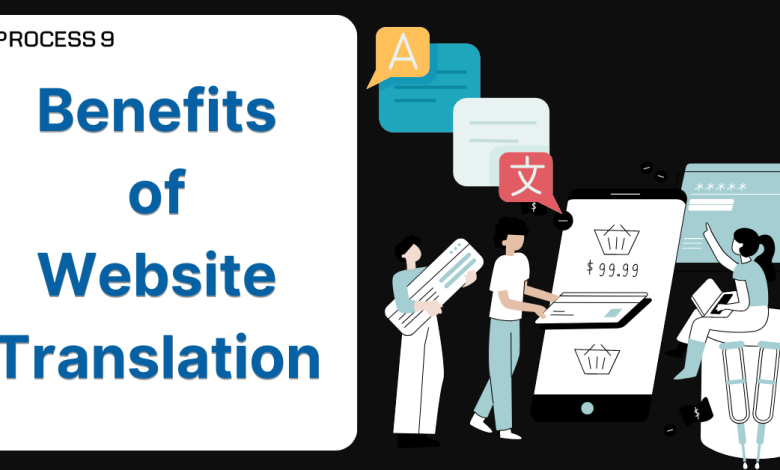How to Translate a website to other languages

No matter what business you’re in, it’s important to have a website that can be easily translated into other languages. Not only does this make your site accessible to a wider audience, but it also shows that you’re a global company that is open to doing business with people from all corners of the world. Fortunately, there are many ways to translate a website into other languages. In this blog post, we will explore some of the most popular methods and give you tips on how to get started.
What is website translation?
When translating a website, it is important to keep the following in mind:
-There are many different ways to translate a website. You can use an online translation tool like Google Translate, or you can hire a professional translator to do the job for you.
-The quality of the translation will vary depending on which method you choose. Google Translate is often not very accurate, so it is best to hire a professional if possible.
-It is also important to consider the context of your website when translating it. If your website is aimed at a global audience, you will need to make sure that the translation is appropriate for all regions.
-Make sure to test your translated website before making it live. This will help ensure that there are no errors and that users will be able to navigate it easily.
Must Read : AWS Solution Architect Associate Vs. AWS Developer Associate
The benefits of translating your website
There are numerous benefits to translating your website into other languages. Perhaps the most obvious benefit is that it allows you to reach a much wider audience; if your website is only in English, you’re excluding a vast majority of the world’s population. Even if you’re targeting an English-speaking market, translating your site can still be beneficial – it shows that you’re willing to go the extra mile for your international customers or clients.
Other benefits of translated websites include increased search engine visibility (since search engines index multilingual sites differently), improved conversion rates (people are more likely to buy from a site in their own language), and enhanced credibility and professionalism. If you want to tap into new markets and reach a bigger global audience, translating your website is essential.
What to consider when translating your website
When translating your website, there are a few things you should consider in order to ensure an accurate and effective translation. First, you should consider the purpose of your website translation. Are you looking to simply provide information in another language, or are you looking to target a specific international market? This will help determine the level of localization required for your website translation.
Next, you should consider your audience and what type of language they will be expecting. If you are targeting a specific country or region, it is important to use the appropriate dialect and terminology for that area. Additionally, you should keep in mind the overall tone of your website. Is it formal or informal? How do you want your brand to be perceived by international audiences?
Finally, you should work with a professional translator who is familiar with website localization. They will be able to help ensure that your website translation is accurate and effective for your target audience.
Also Read : How to Notice the Best ReactJS App Development Company?




